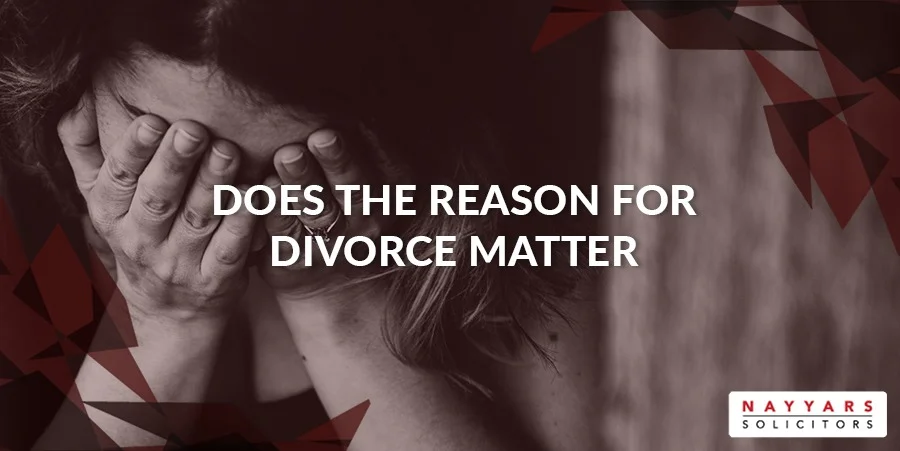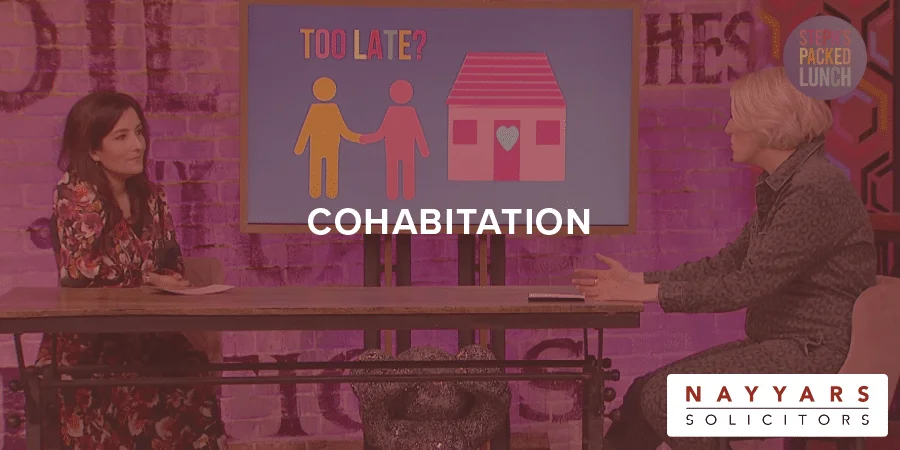Does English Law Finally Recognise an Islamic Marriage?
The case of Akhtar v Khan [2018] EWFC 54 shows that English law has recognised an Islamic marriage (Nikah) during divorce proceedings.
For many years, various groups have supported the idea that an Islamic Nikah should be recognised as a valid marriage under English Law. Up until now, a Nikah on its own has not been recognised as a marriage in this country. However, a recent case has changed the legal landscape on this issue.
Mrs Akhter issued a petition for divorce from Mr Khan on the 4th November 2016 claiming that they had been married for over 18 years. However, Mr Khan defended the divorce on the basis that both parties had not entered a valid marriage according to English law but instead entered into an Islamic Nikah. The issue for the court was whether the parties were to be treated as being validly married under English law by operation of a presumption of marriage or, if not, is the marriage void and susceptible to a decree of nullity under s11 Matrimonial Causes Act 1973.
If the Nikah was a recognised marriage then she would be entitled to financial remedies on the marriage ending.
Mr Khan sought to rely on the Islamic Nikah to persuade the authorities in the UAE to accept it as a valid marriage for the purposes of living and working there. The couple also had 4 children from their marriage which brought Mrs Akhter to play a strong argument on Human Rights grounds enabling the court to consider the right to respect for private and family life (Article 8 of the European Convention on Human Rights) and to interpret s11 Matrimonial Causes Act 1973 to take into account the best interests of children, who would potentially be affected if a marriage was declared and the resultant financial remedies able to be pursued.
Mr Valentine Le Grice QC on behalf of Mrs Akhter, made submission relating to the presumption of marriage and nullity of marriage. The parties had held themselves out as married and for all intents and purposes were husband and wife.
In this case the court ruled that although the marriage was not a valid marriage, it was void based on the court’s interpretation of s11 of the Matrimonial Causes Act 1973. The Judge concluded that the marriage was entered into in disregard of certain requirements of the formation of a legal marriage. This made the marriage void. The importance of the declaration of a void marriage is that as consequence there is a decree of nullity which meant that Mrs Akhter is entitled to the same financial remedies available to marriage couples upon divorce.
So does this now mean that every Islamic Nikah in England and Wales will not be classed as a void marriage if it isn’t followed by a civil registry marriage? The simple answer is no. This case was decided on its own facts and every case must be considered on a case by case basis. It will be interesting to see the outcome of future cases where a Nikah only ceremony are considered.
Nayyars Solicitors specialises in divorce cases. Should you wish to speak to our Family Law experts then give us a call today on 0161 491 8520.




















